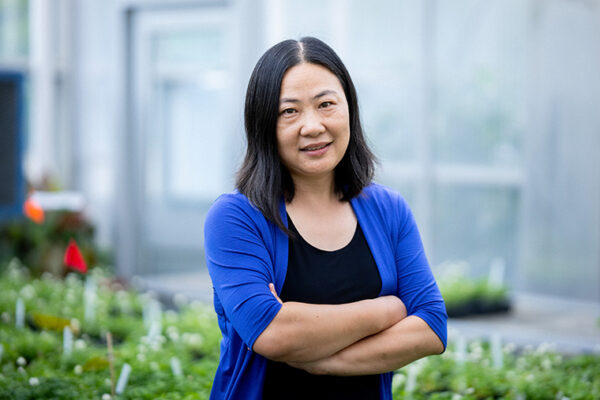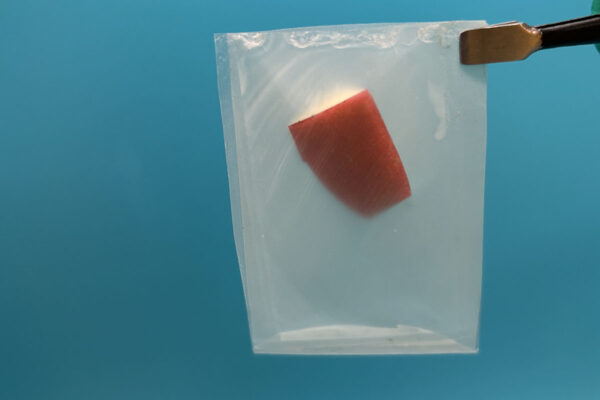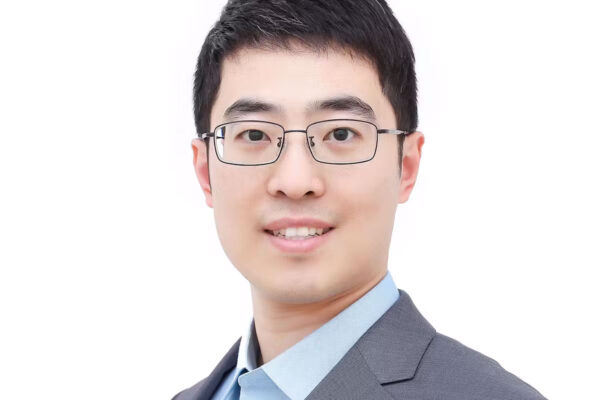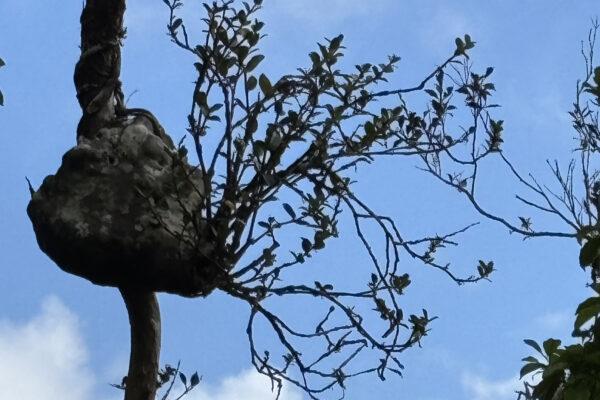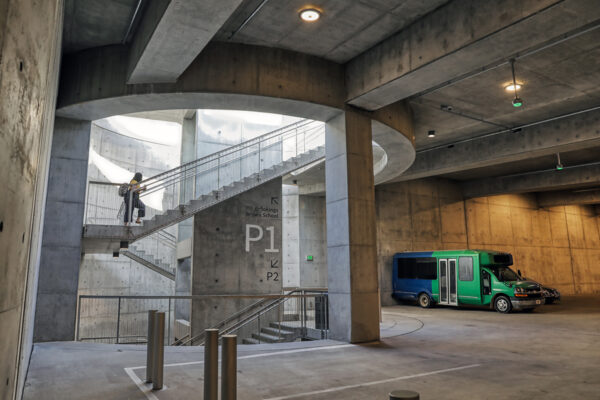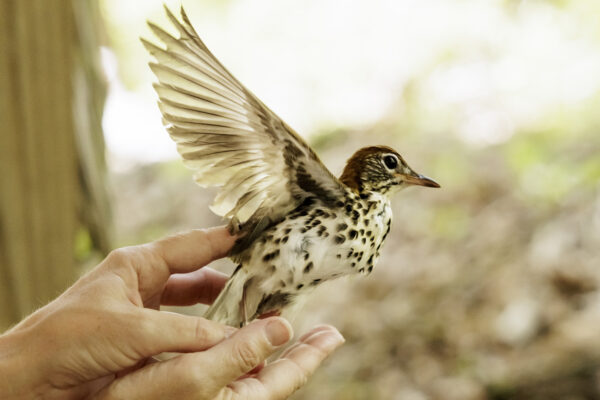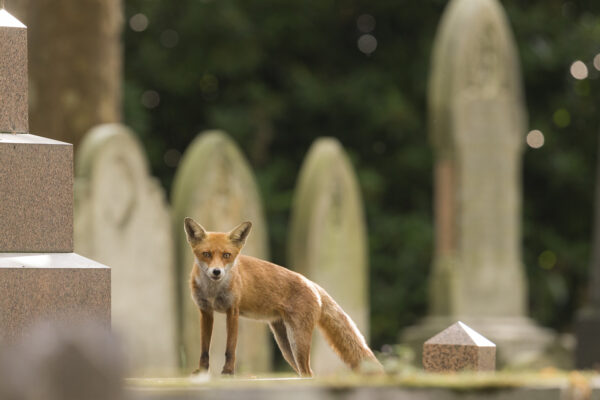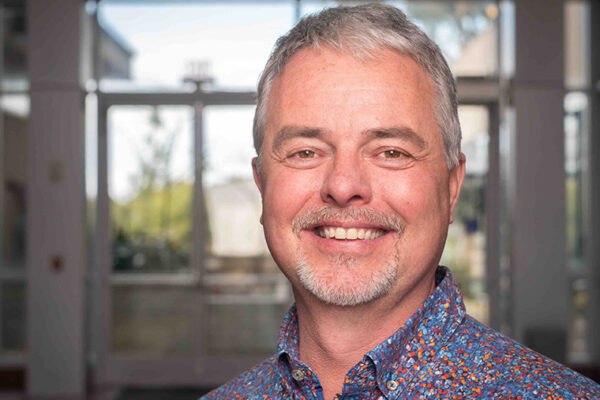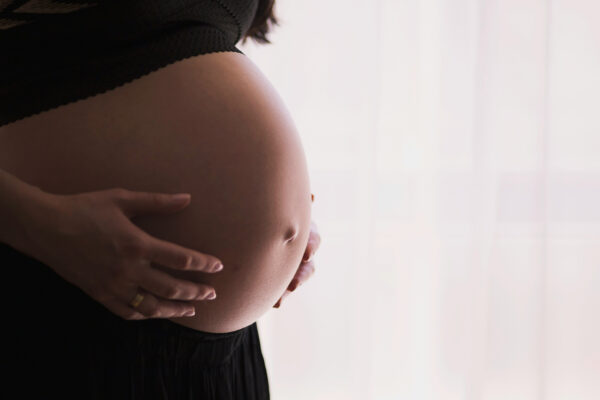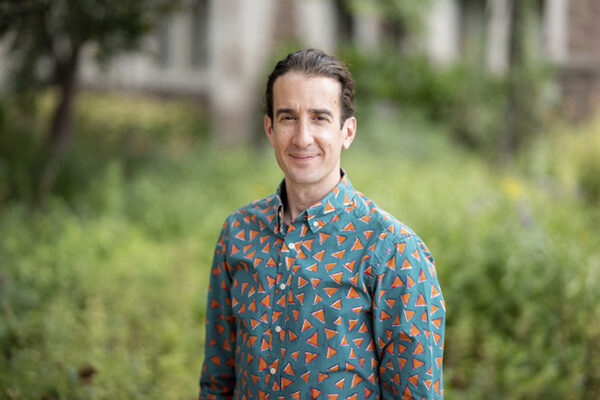Biologist Zhong to study how plants deal with nutrient stress
Xuehua Zhong in Arts & Sciences has won a $1.1 million grant from the National Science Foundation for research aimed at developing more resilient crops that can adapt to changing environmental conditions and support sustainable agriculture.
Leaf-inspired design brings bioplastics to the big leagues
Using inspiration from the leaf, engineering researchers at Washington University in St. Louis have optimized bioplastics to be stronger and more biodegradable.
Xu receives engineering early career award
Lu Xu, an engineer at Washington University in St. Louis, has won the 2025 American Institute of Chemical Engineers Environmental Division Early Career Award.
Condo-style living helps keep the peace inside these ant plants
Scientists have discovered one way that a host plant can keep the peace among residents that might otherwise kill each other. The new research from biologist Susanne S. Renner, in Arts & Sciences, is published in Science.
East End garage recognized
The East End garage recently landed a new national certification for its sustainable features.
Winged migration
St. Louis sits on the Mississippi Flyway — the largest migratory pathway used by birds in North America. In this photo story, learn about a long-term study of migratory birds led by volunteers at WashU’s Tyson Research Center that is yielding new data on bird longevity and migration patterns.
Religion, politics and war drive urban wildlife evolution
The downstream consequences of religion, politics and war can have far-reaching effects on the environment and on the evolutionary processes affecting urban organisms, according to a new analysis from Washington University in St. Louis.
Friend named chair of mechanical engineering, materials science
James Friend, of the University of California, San Diego, has been named chair of the Department of Mechanical Engineering & Materials Science in the McKelvey School of Engineering. His appointment will begin in 2026.
Sleep data from wearable device may help predict preterm birth
An interdisciplinary research team at Washington University in St. Louis has found that variability in sleep patterns in people experiencing pregnancy can effectively predict preterm birth.
A unified theory of the mind
Biologist Keith Hengen in Arts & Sciences at Washington University in St. Louis says “criticality” is the key to understanding how the brain works — and how to keep it free from Alzheimer’s and other diseases.
Older Stories
